Navigating the New Terrain: Supporting Student-Athlete Mental Health Amidst NCAA Transformations

The landscape of college athletics is undergoing seismic shifts, introducing both opportunities and challenges for student-athletes. Developments such as the Name, Image, and Likeness (NIL) policies, the transfer portal, conference realignments, and legal settlements like the NCAA vs. House case are reshaping the collegiate sports environment. While these changes aim to empower athletes, they also bring forth significant mental health considerations that institutions and athletic programs must address proactively.
📚 Psychology Today
🌀 The Transfer Portal: Autonomy with Anxiety
The NCAA transfer portal gives student-athletes more control over their careers, allowing them to change schools without losing eligibility. While this autonomy offers flexibility, it also brings uncertainty. Athletes face pressure to quickly prove themselves in new environments, often under the fear of not securing playing time or team acceptance.
This transition can lead to anxiety, social isolation, or feelings of rejection—especially if the new setting doesn’t meet expectations.
📚 Psychology Today
📚 ScholarWorks
💸 NIL Opportunities: Financial Gain vs. Psychological Strain
With the rise of NIL, student-athletes can now earn money through personal branding, sponsorships, and influencer deals. But with this financial freedom comes new layers of stress: time management challenges, public scrutiny, and increased performance pressure.
Even more concerning, disparities in NIL income among teammates can fuel jealousy, insecurity, or division within locker rooms—especially if compensation is tied to media presence rather than on-field contribution.
📚 NATA.org – National Athletic Trainers' Association
📚 SCIRP – Scientific Research Publishing
✈️ Conference Realignments: The Toll of Increased Travel
Realignments among Power 5 and mid-major conferences have increased travel demands dramatically. Teams now regularly fly cross-country for conference matchups, resulting in missed classes, sleep disruptions, and extended time away from home.
The impact? Academic strain, social disconnection, and heightened fatigue that can take a toll on both physical and emotional health.
📚 Cronkite News
📚 Forbes
💰 NCAA vs. House Settlement: Financial Redistribution & Team Dynamics
The proposed $2.8 billion NCAA vs. House settlement will change how revenue is shared with athletes going forward. While it’s a landmark win for college players’ rights, it may unintentionally introduce locker room tension.
As revenue-sharing models develop, the uneven distribution of funds could affect team culture, fueling comparisons, competition, or resentment among teammates.
📚 AP News
📚 SB Nation
🧠 Institutional Responsibility: Prioritizing Mental Health Support
Given these evolving challenges, it's critical for colleges and universities to prioritize student-athlete mental wellness with strategies tailored to today's realities. These should include:
- Accessible Counseling Services
Confidential, athlete-informed mental health resources that offer timely and ongoing support. - Educational Workshops
Sessions that teach stress management, social media resilience, and emotional literacy in the NIL era. - Team-Building and Peer Support
Programs to foster open communication, address jealousy or competition, and build team unity. - Travel-Academic Balance Plans
Policies that reduce academic penalties for travel, provide remote tutoring, and ensure downtime for rest.
📚 BestColleges.com
📚 Jandoli Institute
Final Thoughts
Today’s college athletes are not only balancing performance and academics—they're managing branding deals, navigating constant transitions, and adapting to an ever-changing sports structure. These changes demand a modern, compassionate, and proactive approach to mental wellness.
The institutions that lead with empathy, equity, and psychological support won’t just build stronger athletes—they’ll build stronger people.
Send a Message
Have questions? Ready to bring our programs to your team? Just want to connect?
We’re here to support you, your athletes, and your community every step of the way.
Whether you're looking to launch a workshop, join the movement, or simply learn more—we’d love to hear from you.
📩 Reach out. Let’s change the culture, one check-in at a time.
Contact Us
Send us an email
[email protected]